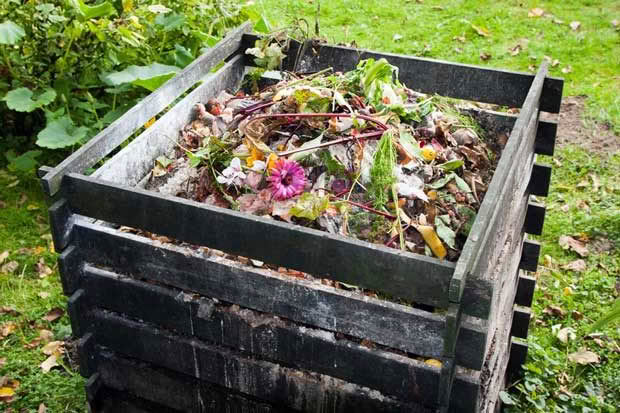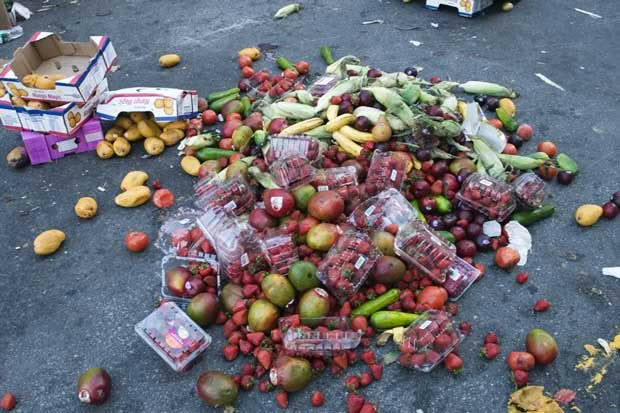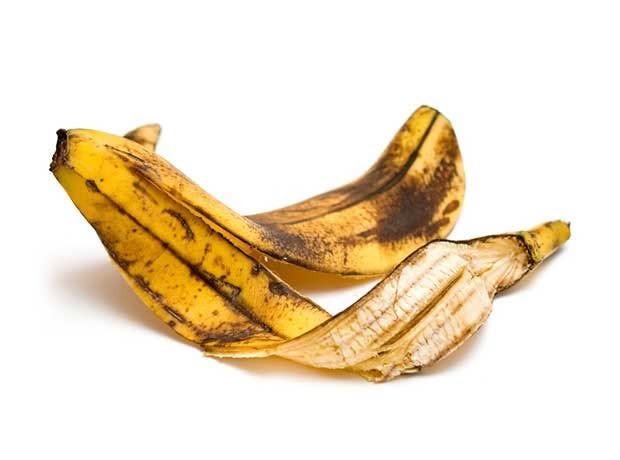How to reduce food waste

Composting is a great solution for managing waste, but are we also throwing out valuable food?
More than half the food thrown out by Kiwi households could be eaten.
Words: Ann Warnock
WHAT IS GOING ON?
Food waste is a social, environmental and economic problem. In New Zealand there is growing disquiet and discussion about how much food the average household throws away. The extent of our problem is no longer a guessing game. A collaborative research project team from the University of Otago, waste industry organization WasteMINZ and 59 local authority councils in 2014/15 has delivered the first definitive data about how much food we waste. The results are shocking.
-New Zealanders throw away about $872 million worth of food each year ($560 per household). That’s enough to feed Dunedin for two years.
– The top 10 foods we throw out are bread (20 million loaves a year), leftovers, potatoes, apples, poultry, bananas, lettuce, citrus, pumpkins and cabbages.
-We don’t utilize leftovers, we buy too much and we don’t store food properly.
WASTE NOT WANT NOT
Love Food Hate Waste is a waste-sector funded campaign spearheaded by the country’s alarming food-waste statistics and fuelled by a highly successful UK campaign which has slashed household food waste in Great Britain by 18 per cent during a five-year period. The Kiwi campaign aims to reduce food waste in bins and landfills in the next three years.Key message: buy what you need, eat what you buy. lovefoodhatewaste.co.nz
WHAT IS THE DIFFERENCE BETWEEN THE BEST BEFORE AND THE USE BY DATE?
Best before: a quality rather than a safety label. It should be safe to eat after the date but may not be at its best. Use your eyes, nose and good sense.
Use by: indicates it can be eaten up to but not after the date even if it looks and smells okay. It’s a food safety label.
FOOD WASTE AND THE ENVIRONMENT
Rotting food waste is an environmental hazard. Placed in rubbish bins it ends up at the landfill where it decomposes without oxygen, releasing harmful greenhouse gases. The energy and resources used to produce and transport food which is dumped is squandered. Our yearly level of food waste produces 325,975 tonnes of carbon emissions – a figure off set if 120,000 cars were taken off New Zealand roads for 12 months. Composting is a great solution for household food waste but are we throwing away valuable produce? A compost bin is a repository for food which is irretrievable. An apple core not an apple.

Leftover produce from a fruit and veggie store.
LEFTOVERS THAT DON’T GO TO WASTE
Food rescue is new in New Zealand but it is fast growing. Eight food-rescue programmes now collect unsold perishable food daily from supermarkets, cafés, bakeries, restaurants and markets for redistribution to frontline charities and foodbanks who support people in need. Each manned by skeleton staff and volunteers they sort and box food at central hubs or operate from trucks.
“We are assisting communities out of food poverty and at the same time we are tackling food waste. Last year we diverted 85,000 kilos of edible food from landfill.”
– Alastair Campbell, co-chair of the Fair Food Charitable Trust
Making it user-friendly to donate food
The Food Act 2014 (it came into force in March 2016) makes it easier to donate edible surplus food in Aotearoa. The act protects those who donate food in good faith should someone fall ill from its consumption – a previous area of concern for supermarkets and food businesses.
“While hunger is a problem that’s hard to fix we owe it to those who are starving to respect the food that we have access to.” – WasteMINZ
THE AVERAGE KIWI HOUSEHOLD SPENDS $10,000 ON FOOD A YEAR. HERE IS HOW TO AVOID WASTE
The less you buy, the less you waste. Savvy shopping, smart meal planning.
Ensure your fridge temperature sits at below five degrees Celsius – it boosts the longevity of food.
Store bread in the freezer.
Store fruit in the fridge (apart from bananas and pineapples).
Pantry rotation – old to the front, new behind.
Freeze almost anything – avocados, chocolate, milk, cheese, wine.

THE SUPERMARKET SCENE
New Zealand supermarkets are now under increasing pressure to show they’re making meaningful changes to tackle food waste. While some supermarkets continue to send food waste to pig farms, in the past two years there has been a definitive swing towards donating to food-rescue groups. On the global stage France is the first country in the world to ban supermarkets from throwing away or destroying unsold food – by law it must be donated to charity. Italy, USA and Canada are currently discussing tax credits to encourage the gifting of surplus food.
University of Otago senior lecturer in consumer food science Dr Miranda Mirosa believes it’s unlikely New Zealand will implement legislation concerning food waste but says New Zealand food retailers are ready and willing to converse on the topic of waste reduction. “One of the best things supermarkets can do to reduce waste is accurately forecast customer demand. Globally, supermarkets are now doing other good things like selling ugly fresh produce for cheaper and selling nearly expired food for less.”
SUPERMARKET APP
It started in Ireland and has now spread to the UK – the Food Cloud app sees businesses upload information about what surplus food they have and when they want it picked up by. A text is sent automatically to charities in the area – the first one to accept the offer collects the food directly from the retailer. Food Cloud is currently redistributing 13 tonnes of food per week.
DUMPSTER DIVING?
Dumpster diving is illegal activity whereby people dive into bins and skips to retrieve food. Yes, it is happening in New Zealand but impossible to say at what level. WasteMINZ believes it may be less common than two years ago as many major retailers now lock their bins. With supermarkets and retailers increasingly donating to food rescue, less food is available for divers.
READ MORE
Love this story? Subscribe now!
 This article first appeared in NZ Life & Leisure Magazine.
This article first appeared in NZ Life & Leisure Magazine.
